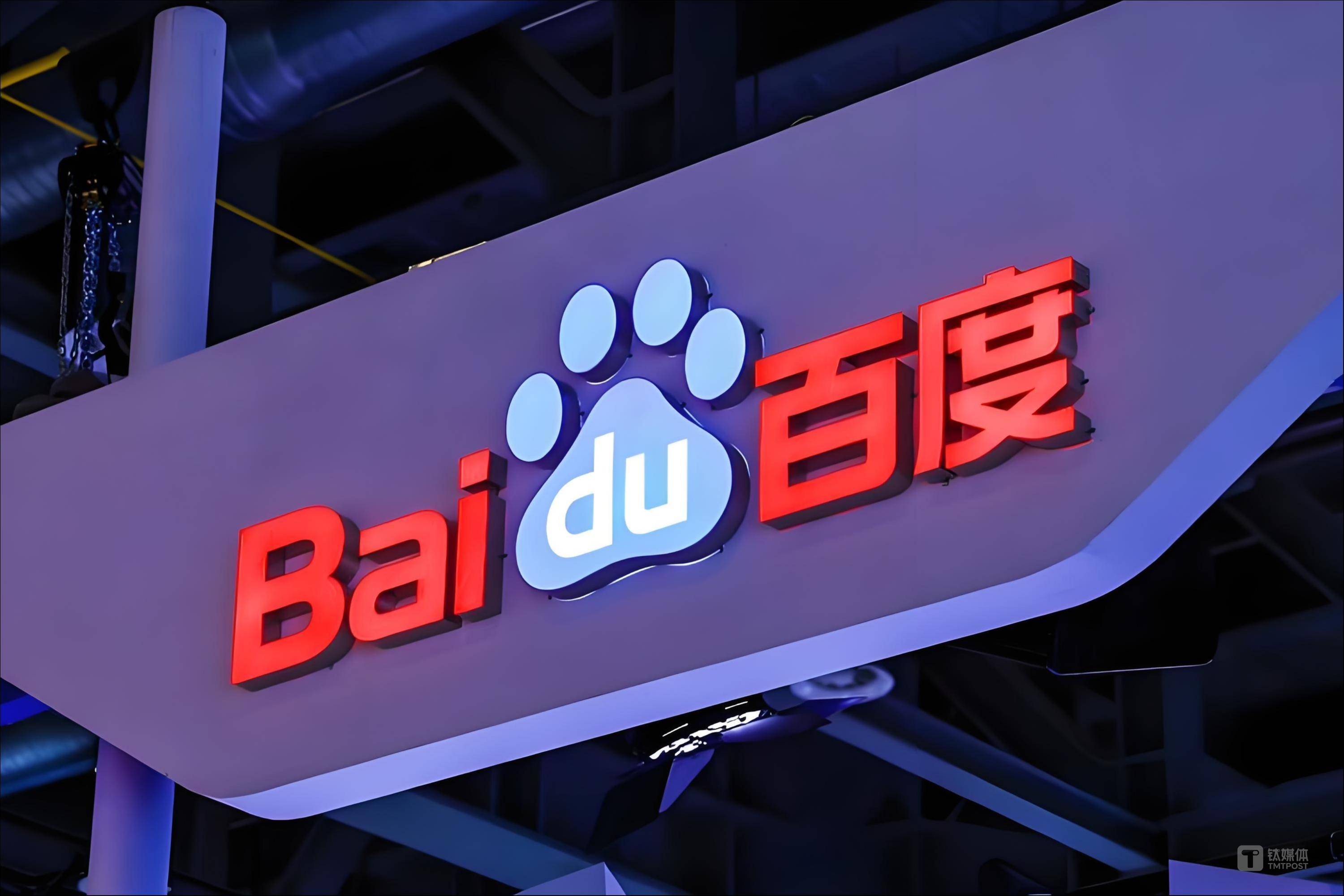
Baidu: First Mover With Little Results in AI Investments
- 21.03.2025 06:27
- sohu.com
- Keywords: AI, Market Growth
Baidu, an early leader in AI, has struggled with inconsistent investment strategies and leadership changes, limiting its growth despite its ventures' potential.